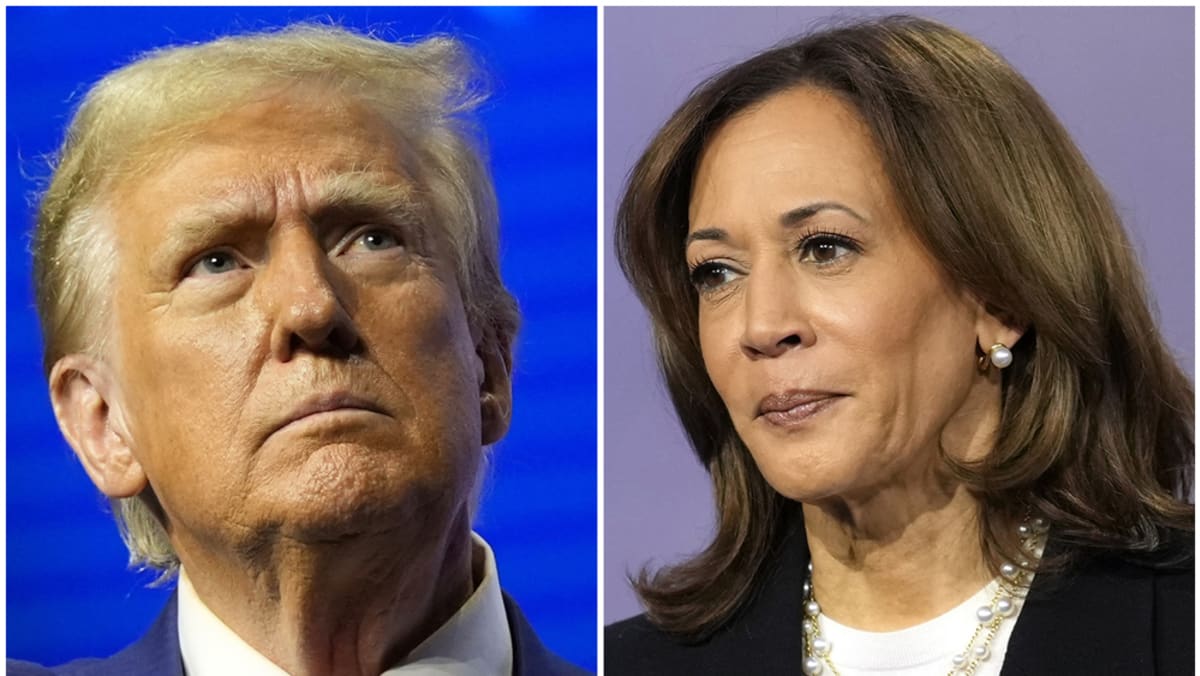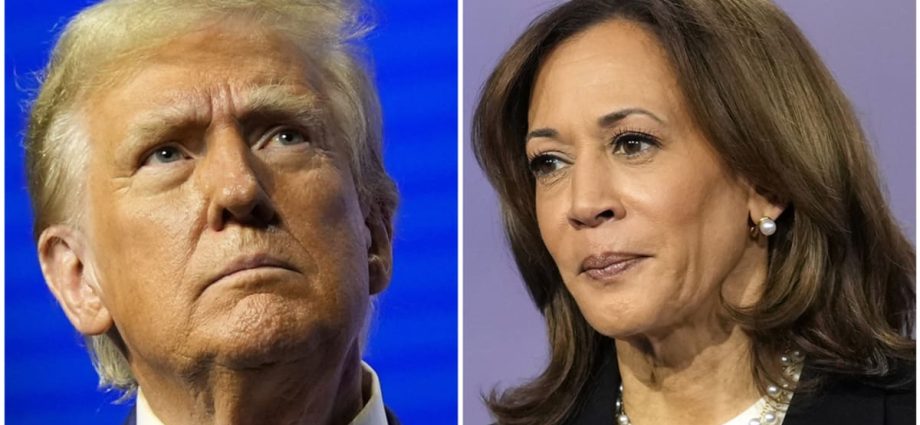
Trump, on the other hand, would present much more risk vis-a-vis his China policy. His tariff threats would wreak havoc on global trade and supply chains if carried out. He may also go even further, considering one of his former Cabinet members called for a complete decoupling from China. The trading system would eventually recover, but not before suffering prolonged turbulence.
Despite this, a second Trump administration may counterintuitively make inroads with Southeast Asian governments.
His transactional approach may find more support in Southeast Asia, where governments prefer to talk about deliverables such as investment deals instead of human rights and values. He may also find common ground and personal rapport with regional leaders such as Indonesian President Prabowo Subianto, given his affinity with strongmen who can “get things done” regardless of conventional restraints. Singapore leaders might have to change tack, planning more one-on-one discussions between heads of government to secure commitments from the US.
TAKEAWAYS FOR SINGAPORE
Neither scenario is risk-free. Far from being a cliche, Singapore should prepare for a bumpy road ahead, regardless of who wins.
Harris may provide the multilateral leadership that Singapore wants on issues such as climate change but fail to resuscitate US policy on Southeast Asia. Trump might make inroads with Southeast Asian leaders but cause chaos with his trade and China policies. While building on the same strategic understandings, the exact shape of these policies will depend on the advisers the victorious candidate employ.

